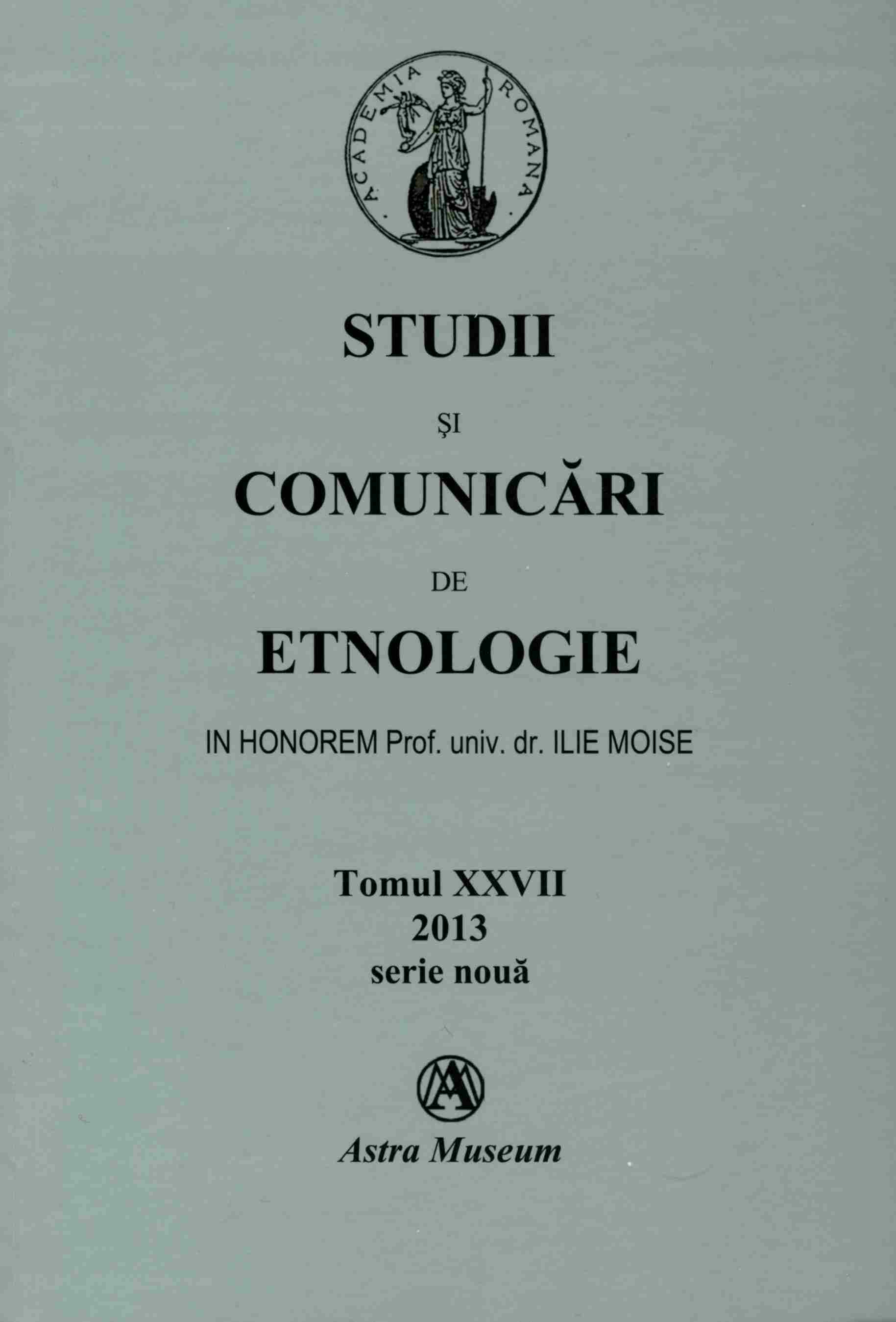Cete şi asociaţii fecioreşti la maghiarii din Transilvania
Burschenschaftsvereingungen bei den Ungaren aus Transsilvanien
Author(s): Ferenc PozsonySubject(s): Cultural history, Customs / Folklore, Ethnic Minorities Studies, Identity of Collectives
Published by: ASTRA Museum
Keywords: the young boys’ societies; rural communities; customs; community;
Summary/Abstract: The young boys’ societies had played a specific role in the life of the Transylvanian, Hungarian, Romanian and Saxon rural communities up to the middle of the 20th century. In the present paper we present first of all their Hungarian versions. In Protestant communities the boys were allowed to enter these societies mostly after religious confirmation, and after some forms of initiation which were passed by from generation to generation, and required physical strength and the capability to drink alcohol. In most of the localities these societies were functioning under the severe supervision of the church, their written rules were reflecting its system of values and world concept. These institutions had an important role in the organization of communal feasts, customs and of the agrarian rites, which determined the life and wealth of the entire local community. But the forced collectivization of agriculture in 1962, the migration of the youth to the urban areas and their urban socialization led to the disappearance of these institutions.
Journal: STUDII ŞI COMUNICĂRI DE ETNOLOGIE
- Issue Year: XXVII/2013
- Issue No: 27
- Page Range: 83-95
- Page Count: 13
- Language: Romanian
- Content File-PDF

